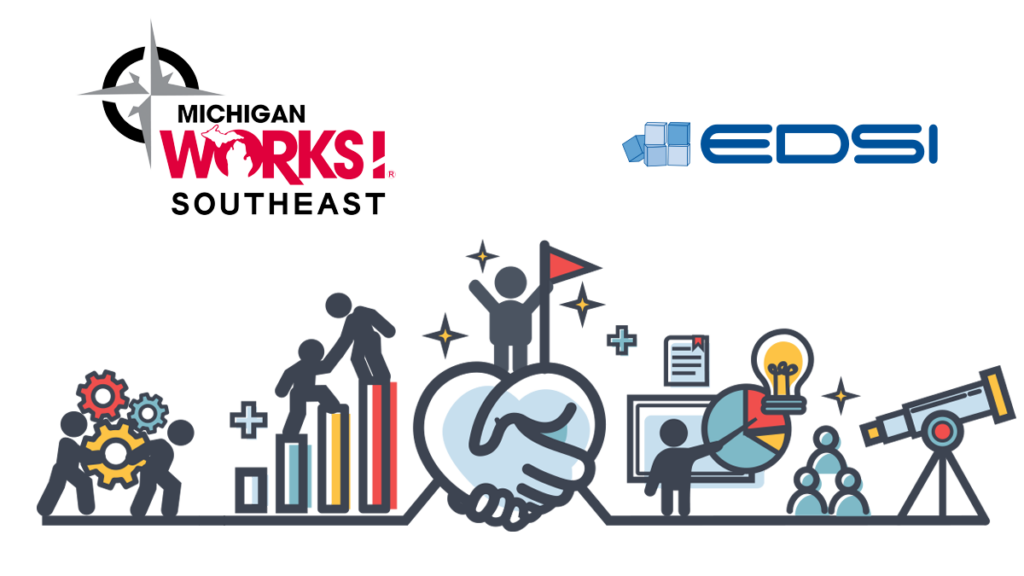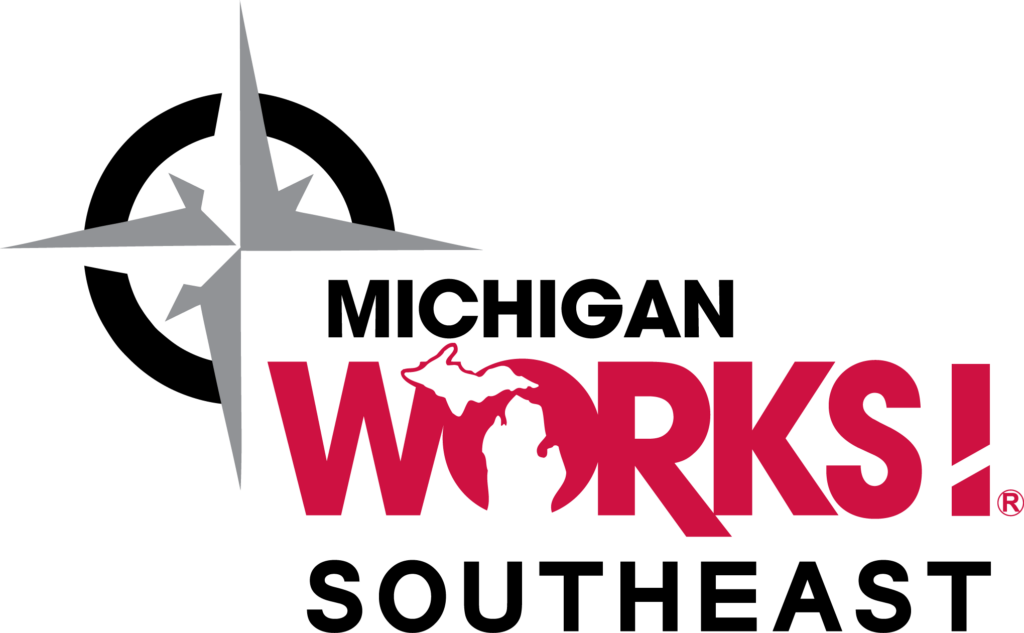
MichiganWorks! Southeast is working with EDSI Consulting to make available its Proactive Business Review (PBR) process as a layoff aversion tool for regional businesses. A PBR is a program specifically designed to avert potential layoffs via improving the health of “at-risk” companies.


Contact Ann Arbor SPARK to learn more and begin a conversation about layoff aversion resources.
How does the process begin?
Underperforming companies are identified via one of two methods: First, a proven process used by EDSI Consulting is used to identify distressed companies. Second, local Workforce Board or Economic Development officials identify at-risk companies. Once a company is identified, the process is explained to key executives of the distressed company. Should the company’s owners/managers agree to proceed with the program, a simple grant application is submitted to the local Workforce Board. Once the grant is approved, the PBR begins. In most situations, this program is completed at no cost to the at-risk company!
What is reviewed within the target companies?
A PBR starts by analyzing the current and projected financial condition of the company. Once the financial analysis is complete, a category is assigned to the company that indicates urgency of assistance. Next, EDSI consultants assess all functions within the organization. Functions reviewed include Manufacturing, Operations, Sales, Marketing, Finance, Accounting, Human Resources, Information Technology, and Administration. Key processes, metrics, personnel, and strategies are assessed in each department. Additionally, the company’s overall strategy, facilities, equipment, and organization structure are reviewed.
What are the outcomes?
Once the review is completed, the EDSI consultants create a confidential document that contains specific observations, recommendations, and a suggested implementation plan. EDSI then works with both the management team and key stakeholders to finalize an implementation plan that key stakeholders agree upon. Depending on the company’s situation, a variety of actions may be included in the implementation plan. For example, if the company is severely distressed, it may require the development of both a short-term Stabilization Plan and a longer-term Turnaround Plan. Next, the EDSI consultants train the company’s personnel to implement key elements of the plans. Should significant layoffs be unavoidable, EDSI will create an early intervention plan to ensure displaced workers are placed as soon as possible.
Why is the PBR process valuable?
The PBR process is designed to identify and remediate companies before they degrade into Chapter 11 or Chapter 7 bankruptcy candidates. If the entity is an underperforming unit of a larger company, this process is designed to create a path to improvement, thus decreasing the likelihood of layoffs, moving, or shuttering of the entire unit. In summary, the PBR process gets to the root-cause of job stability, i.e. the fundamental well-being of the company itself.
How long does a PBR process last?
For companies with revenues less than $20 million, the initial analysis requires three days at the company’s location. An additional day is spent at the EDSI Consulting offices performing analysis. Once this is complete, a Turnaround Plan is created and shared with owners and key management personnel. Once the Plan is agreed upon, three to seven additional days are required to train company personnel on critical implementation actions. For companies with annual revenues of more than $20 million, timing may be different.
What does a PBR cost?
The following cost structure applies to most PBR’s:
Company Size (Annual Revenues):
Under $10 million
$10 – $20 million
Over $20 million
Cost: (Excludes out-of-pocket expenses)
$8,000 – $12,000
$12,000 – $18,000
$15,000 – $40,000
Case Study: Manufacturing Company
Overview of Situation (2006):
- $8MM industrial manufacturing company
- 51 employees
- Lost money for two consecutive years
- Revenues decreasing for three consecutive years
- Extremely negative cash flows
- Bank credit withdrawn and workout proceedings underway
- Enough cash and vendor-based credit for six weeks of operation
- Management team unsure how to save the company
Actions Taken:
- Proactive Business Review (PBR) was conducted. Key recommendations included:
- Consolidate two plants into one
- Re-bid all raw materials
- Re-bid all health insurance
- Restructure organization
- Identify asset-based lender
- Implement lean manufacturing principles
- Develop service-based point of difference
- All key recommendations were implemented.
- Consulting team managed or coached implementation of key actions.
Results:
- Cash flows were stabilized before cash was exhausted.
- The company returned to profitability in four months.
- Asset-based financing was gained.
- Record sales achieved two years later.
- 42 jobs were saved.
Michigan Works! Southeast is an Ann Arbor SPARK partner.